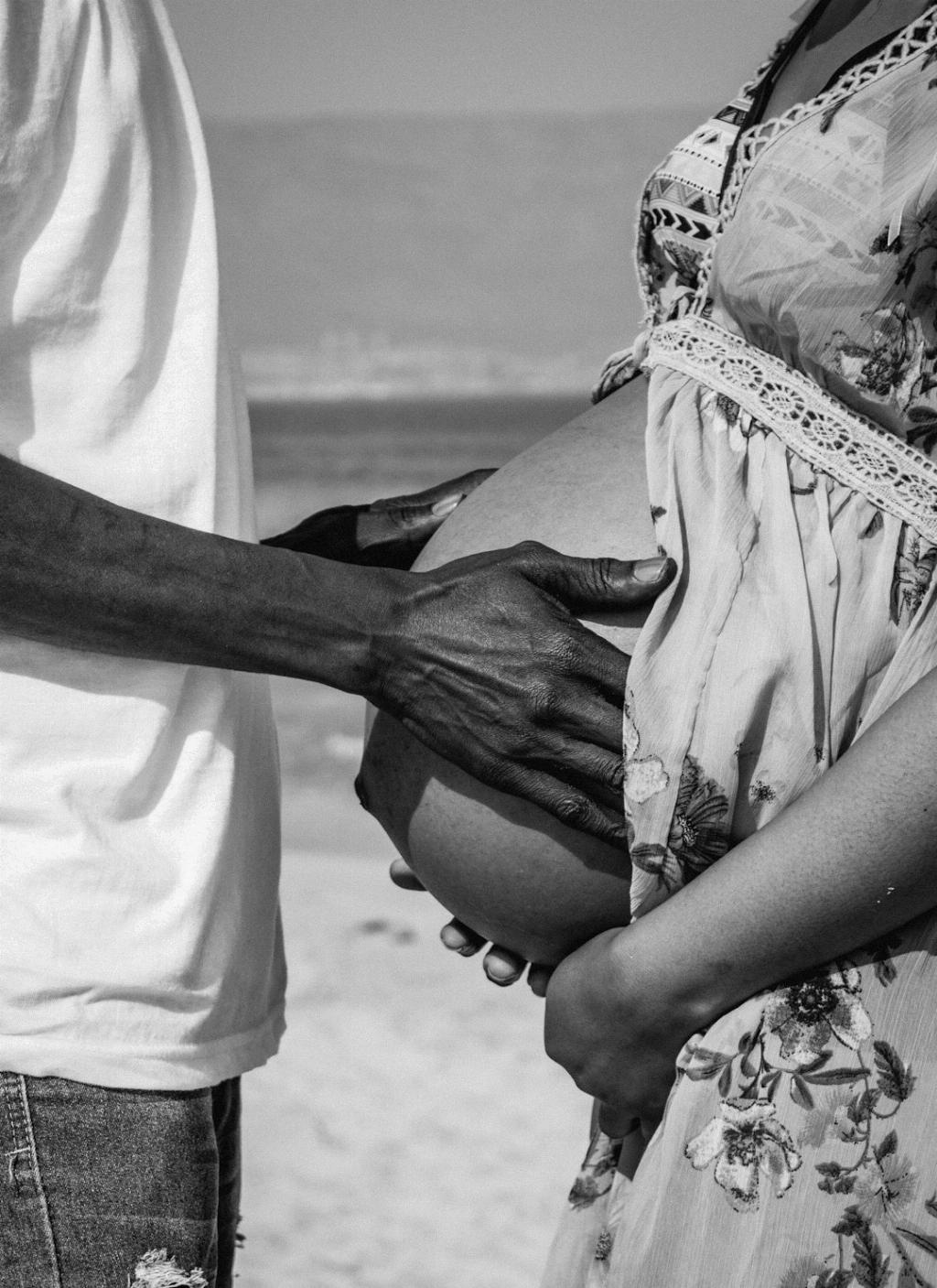Early pregnancy is a time of immense change and growth for the body. As hormonal fluctuations occur, it’s not uncommon for women to experience various physical discomforts, including soreness and muscle pains. These symptoms can manifest differently for each individual, but they are often attributed to the body adapting to the new demands placed on it during this crucial time.
The Role of Hormones in Soreness
Hormones play a significant role in early pregnancy, influencing various functions of the body. The surge in hormones, such as estrogen and progesterone, can lead to relaxation of the ligaments and muscles in preparation for childbirth. This relaxation can contribute to soreness, particularly in the pelvic region and lower back, as the body adjusts to these changes.
Common Complaints: Pelvic Pain and Lower Back Pain
Among the most common complaints during early pregnancy are pelvic pain, also known as pelvic girdle pain, and lower back pain. These discomforts can be attributed to the increased pressure on the pelvic area as the uterus expands to accommodate the growing baby. The shifting of weight and changes in posture can further exacerbate these symptoms, leading to soreness and achiness.
Understanding Pelvic Girdle Pain
Pelvic girdle pain is a prevalent issue for many pregnant women, occurring when the joints in the pelvis become less stable and move unevenly. This can result in sharp or dull pain in the pelvic area, hips, groin, and lower back. The discomfort may be intensified by activities such as walking, climbing stairs, or standing for extended periods, making it challenging for some women to perform daily tasks without discomfort.
Alleviating Soreness and Discomfort
While soreness and muscle pains are common during early pregnancy, there are various strategies to help alleviate these discomforts. Engaging in gentle exercises, such as prenatal yoga or swimming, can help strengthen the muscles and improve flexibility, reducing the risk of experiencing soreness. Additionally, using supportive pillows while sleeping or sitting, maintaining good posture, and practicing relaxation techniques can also provide relief from pelvic and back pain.
When to Seek Medical Advice
Although soreness and muscle pains are typical during early pregnancy, it’s essential to pay attention to any severe or persistent discomfort. If the soreness becomes debilitating, is accompanied by other symptoms such as fever or bleeding, or if you have concerns about your pregnancy, it’s advisable to consult with your healthcare provider. They can assess your condition, provide guidance on managing soreness, and ensure that there are no underlying issues contributing to your discomfort.
Embracing Your Pregnancy Journey
As you navigate the ups and downs of early pregnancy, it’s crucial to listen to your body and prioritize self-care. Soreness and muscle pains may be challenging to deal with, but they are an inherent part of the miraculous process of growing new life. Showing yourself compassion, seeking support from loved ones, and practicing relaxation techniques can help you embrace this transformative period with grace and resilience.
The Emotional Impact of Physical Discomforts
It’s essential to acknowledge the emotional impact that physical discomforts can have during early pregnancy. Feeling sore, achy, or limited in your movements can be frustrating and overwhelming at times. Remember that it’s okay to express your feelings, seek reassurance, and ask for help when needed. Connecting with other expectant mothers or joining support groups can also provide a sense of community and understanding during this unique stage of life.
Preparing for the Arrival of Your Baby
While soreness and muscle pains may be challenging to manage during early pregnancy, they are a temporary part of your journey to motherhood. As you prepare for the arrival of your baby, focus on creating a nurturing environment, both physically and emotionally. Take the time to rest, nourish your body with healthy foods, and engage in activities that bring you joy and relaxation. By caring for yourself during this time, you are also caring for the precious life growing within you.
Appreciating the Resilience of the Female Body
Through the soreness and physical discomforts of early pregnancy, it’s important to recognize the remarkable resilience of the female body. Your body is undergoing incredible changes to nurture and support the development of a new life. As you navigate this transformative journey, trust in the wisdom of your body, and honor its ability to adapt and thrive during this profound experience of pregnancy.
Conclusion
In conclusion, early pregnancy can indeed cause soreness and muscle pains, primarily due to hormonal changes and the physical adjustments the body undergoes to accommodate a growing baby. While these discomforts may be challenging, they are a natural part of the pregnancy journey. By focusing on self-care, seeking support when needed, and embracing the changes with compassion and resilience, you can navigate this transformative time with grace and gratitude for the miraculous process of creating life.

